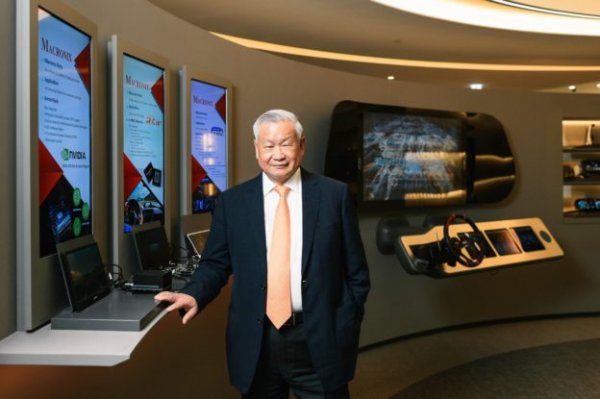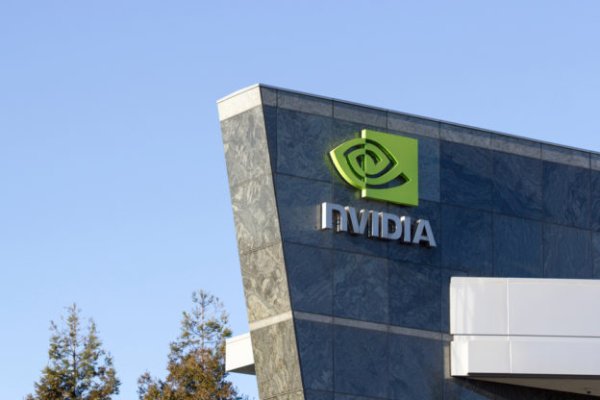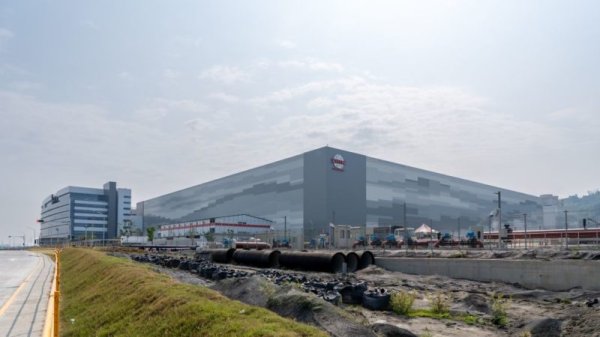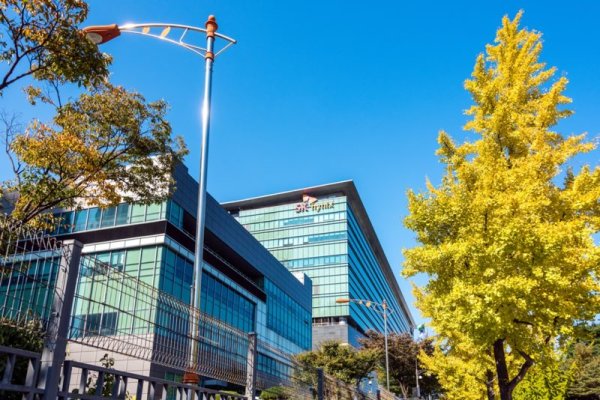After NVIDIA invested in OpenAI, Huang Ren s customers did not affect their relationship with others

According to Bloomberg's report, GPU manufacturer NVIDIA (NVIDIA) immediately guarantees its investment with OpenAI, a major AI application manufacturer, to reach US$10 billion, that its investment with OpenAI and its milestone cooperation agreement on expanding AI infrastructure will not affect the company's relationship with other customers.
NVIDIA announced on the morning of the 23rd in Taipei that it has signed an intent book with OpenAI to conduct investment transactions of up to US$10 billion. The goal is to build a data center equipped with NVIDIA chips with a total power of at least 10 GW. These basic facilities will also be used to develop and execute AI-related models.
However, just after this investment statement was issued, another NVIDIA statement stated that investment in OpenAI will not change our operating strategy focus, nor will it affect product supply to other customers. Regardless of whether equity investment is involved, we will continue to place each customer first.
In fact, NVIDIA chips have become the most popular commodity in Silicon Valley recently, and data center operators are competing for as many NVIDIA chips as possible, and this chip purchase trend has also promoted the double-swell of NVIDIA's closing and share price increase. Currently, NVIDIA has a market value of nearly $4.5 trillion, making it the world's highest-capital company.
NVIDIA executive chief Huang Rensheng In this era of AI explosion, in addition to providing market chips as much as possible, he has also been maintaining the company's growth trend by expanding his customer base. But despite NVIDIA's huge success in operation, its revenue is still highly dependent on a small number of companies, including Microsoft, Meta, Amazon and Google's parent company Alphabet.
However, because of these customers' direct competition in the market, each company expects to build AI-based facilities as quickly as possible to attract more users to use their services. At the same time, they are also deploying or developing self-developed chips to try to reduce their dependence on NVIDIA. This is because these customers are concerned about losing NVIDIA's pre-support position, which may speed up the process of self-developed chips, or more seriously consider alternatives from potential competitors such as AMD. Therefore, NVIDIA's latest statement is considered to be a manifestation, and it is also regarded as further encouraging customer-related chip products when it fully provides customer-related chip products.












